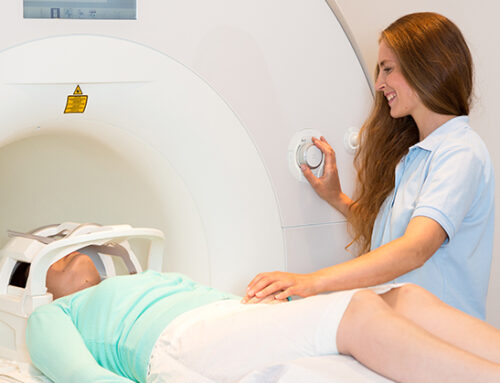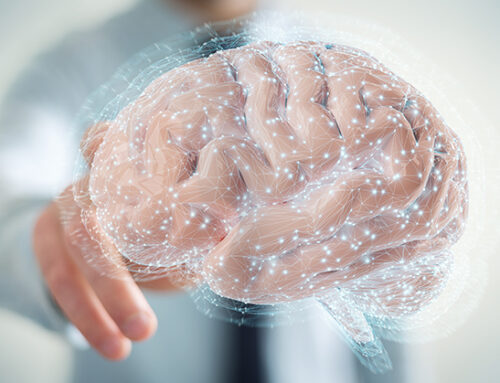The next time you’re feeling really, really hungry, don’t be too quick to treat yourself to a snack.
It turns out that the hormone behind that famished feeling is doing good things for your brain.
By waiting a few extra minutes before you start munching, you may add to this hormone’s brain benefits. And, once you understand how it operates, you may want to make a couple of other adjustments to your daily habits and reap even more brain gain. . .
Ghrelin, the “hunger” hormone, originates in the stomach wall and affects brain cells in the hypothalamus to make you feel hungry. The stomach secretes the hormone when it’s empty, and stops the secretions when it’s full.
But as scientists have learned more about ghrelin, they’ve realized that the interactions of the stomach, the brain and ghrelin are a lot more complex and important than originally thought.
A study at the Yale School of Medicine shows that ghrelin helps neurons in the brain stay healthier and resist the type of deterioration that leads to Parkinson’s disease.
The researchers say this protection occurs when ghrelin interacts with neurons in a part of the brain called the substantia nigra, located in the midbrain – the central section of the brainstem.
The neurons in this part of the brain are responsible for producing the neurotransmitter dopamine. When their manufacture of dopamine slips, it gums up brain functions in a way that leads to Parkinson’s symptoms: simple walking and moving about become difficult; muscle movements freeze; appetite disappears; the arms, legs and head develop tremors; chewing and swallowing are hampered; and at times you can’t move at all.
The lab tests at Yale showed that dopamine problems and Parkinson’s symptoms in the brain can get worse as ghrelin levels go down.
Ghrelin Has a Lot Going On
The complexities of this brain-stomach interaction don’t stop there.
An earlier study at Yale, for instance, found that ghrelin hooks up with neurons in the brain’s hippocampus (an important area of the brain for forming new memories) and promotes the creation of neuronal structures that lead to “enhanced spatial learning and memory.”1
Another important aspect of ghrelin’s protective functions are its effects on astrocytes – immune cells in the brain that take part in a wide range of important activities. Astrocytes help neurons communicate with each other more effectively. They also help maintain the blood-brain barrier – the barrier that prevents unwanted proteins and other potentially damaging material from passing from the blood into the brain.
Researchers admit they don’t really understand everything that astrocytes do in the brain. But they know their functions are important for making human brains more powerful than those of other animals – our brains contain vastly more astrocytes than other animals possess.2
And some researchers think that certain communications between neurons may not even be possible without astrocytes taking part. Plus, they’re crucial for helping the brain measure the passage of time.3
How to Boost Your Ghrelin Levels
If you want to have more ghrelin circulating in your body and brain, hold off on frequent snacking and restrict most of your eating to mealtimes. And stop eating early in the evening so you have a period of about 12 hours or so between your last meal at night and your breakfast the next morning.
Aerobic exercise also boosts ghrelin. Jogging is especially effective, and walking can help too.4
But perhaps one of the most important ways to keep this hormone level higher is to keep your weight down. When your waistline expands, the stomach’s production of brain-healthy ghrelin drops.







